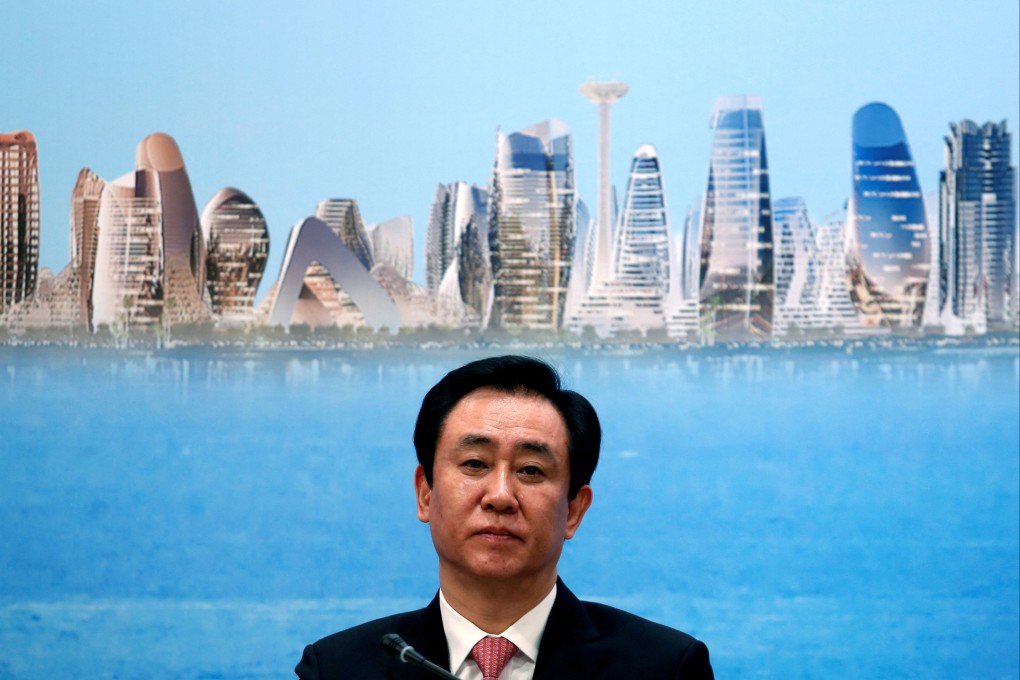Opinion | Punishing Evergrande property tycoon will not solve China’s deep-seated problems in the real estate market
- China Evergrande chairman Hui Ka Yan is under criminal investigation, but he is a symptom of a hybrid market-command economy that is not delivering results
- With housing no longer seen as a safe investment for families, China must ask itself why Hui’s overborrowing and investing were tolerated for so long

Hui, also known as Xu Jiayin, is a ruthless capitalist known for maximising credit to finance the expansion of a sprawling business empire. But he has also painted himself as a devout Communist Party member, and he installed thousands of party cells across his business with himself as the “secretary”.
Hui lived a decadent lifestyle with private jets, yachts, the most exclusive properties in Hong Kong and Shenzhen, and even a private dancing troupe. He also talked publicly about how he survived absolute poverty as a teenager, when he had to rely on potato starch and salt water for lunch.
The billionaire was one of China’s biggest philanthropists, pumping billions of yuan into southwestern Guizhou province to lift local people out of poverty while failing to deliver flats to homebuyers or make payments to suppliers and contractors, throwing millions of people into misery and despair.
Hui was a product of his ambition and greed, but also the deep problems in China’s hybrid market-command economy. Through an orthodox Marxist lens, China’s housing market development in the last quarter century was a spectacular result of turning land into commodities by unleashing the power of capital, giving people like Hui a stage on which to play.
The commoditisation of land and the privatisation of housing ownership have changed the country’s economic landscape for the better, providing improved living conditions for hundreds of millions of people. But the process also contained the seeds of its own destruction.
From day one, it was a system designed to benefit the state and capital owners. Mainland China’s property system is an even more intense version of what can be found in Hong Kong, where limited land supply and high property prices have contributed to an acute wealth gap and social ills.
